The team research interests are focused in the environmental chemistry of coastal and estuarine environments, monitoring different contaminants, namely metals, hydrocarbons and emerging pollutants (e.g., pharmaceuticals, endocrine disrupting compounds and microplastics) in different environmental matrixes (water, sediment and biota) and studying the different biogeochemical processes of contaminants in water and soil compartments.
The team also has a strong focus on the research of the potential of natural and constructed wetlands for the remediation of media contaminated with different pollutants and well as in exploring phytoremediation processes for environmental cleaning/recovery through nature-based solutions. By monitoring the reduction of the chemical contaminants levels due to the application of these tools and investigating contaminants processes leading to that removal, the research team generates essential knowledge to promote the use of these biotechnological tools for the removal of persistent and emergent pollutants. By collaborating also with teams of different expertise, such as those in microbial, ecological and toxicological fields, one of the team’s research interests is also to contribute for an holistic and interdisciplinary view of coastal and estuarine environments where physical, chemical and biological processes occur simultaneous and interconnected. The team also participates activity in science dissemination activities, regularly giving talks to the general public and school students in the frame of CIIMAR outreach programs and projects, regarding both ocean and water literacy.
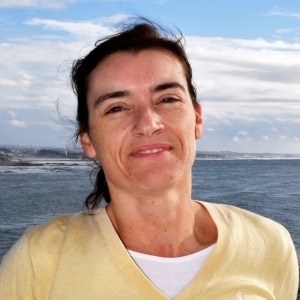

Marisa Almeida is a senior researcher at CIIMAR with ca. 140 international publications. With a PhD in Chemistry (obtained in 2003) her main research area is phytoremediation, participating actively in studies that aim to potentiate the use of these biotechnological tools as nature-based solutions to improve and recover aquatic environments contaminated with different pollutants. Her expertise is on environmental chemistry applied to coastal and estuarine environments and on phytoremediation of contaminants in natural and constructed wetlands for environmental recovery. She also actively participates in dissemination and communication activities in the frame of CIIMAR outreach projects on water and ocean literacy.


I am an Environmental Engineer from Argentina, graduated from an Erasmus Mundus International MSc.in Environmental Engineering and Technology. I am passionate about science and sports and I truly believe that cross disciplinary and multicultural collaboration can help to achieve objectives with a higher impact in every field. I am grateful to join the M2-ex H2020 project as a Marie Curie ITN PhD fellow and I am excited to contribute to move towards a circular economy by investigating how to recover heavy metals from anaerobic digestates. I enjoy travelling, dancing and meeting new people around the world.
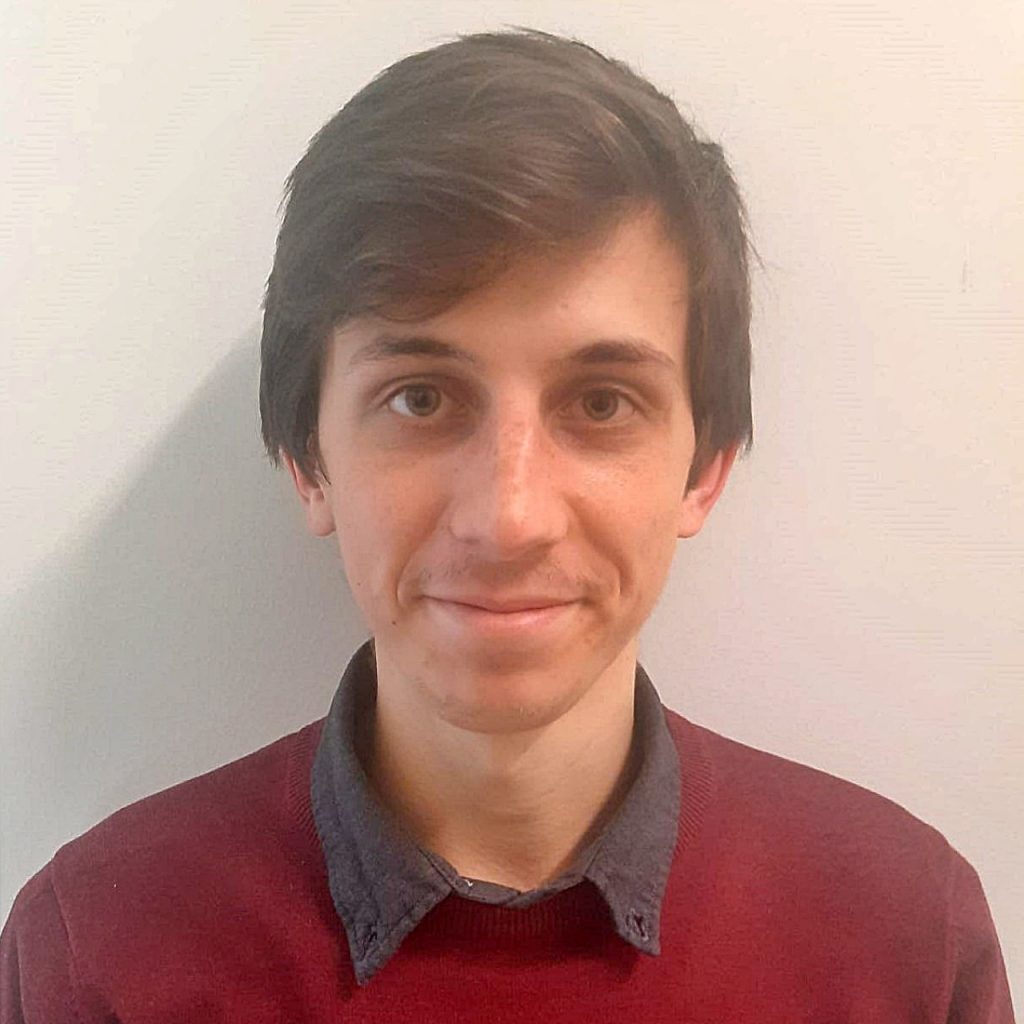

Alexandre van Heerden obtained his degree in Marine Biology from the Faculty of Science and Technology (FCT) at the University of Algarve (Ualg) in 2021. Alexandre is currently enrolled in the Master in Environmental Contamination and Toxicology at ICBAS and FCUP and developing his master thesis at CIIMAR, under the Biosysmo program on the topic “Potential of enriched cultures to degrade paroxetine and bezafibrate: microbial community characterization through culture-dependent and independent methods”.
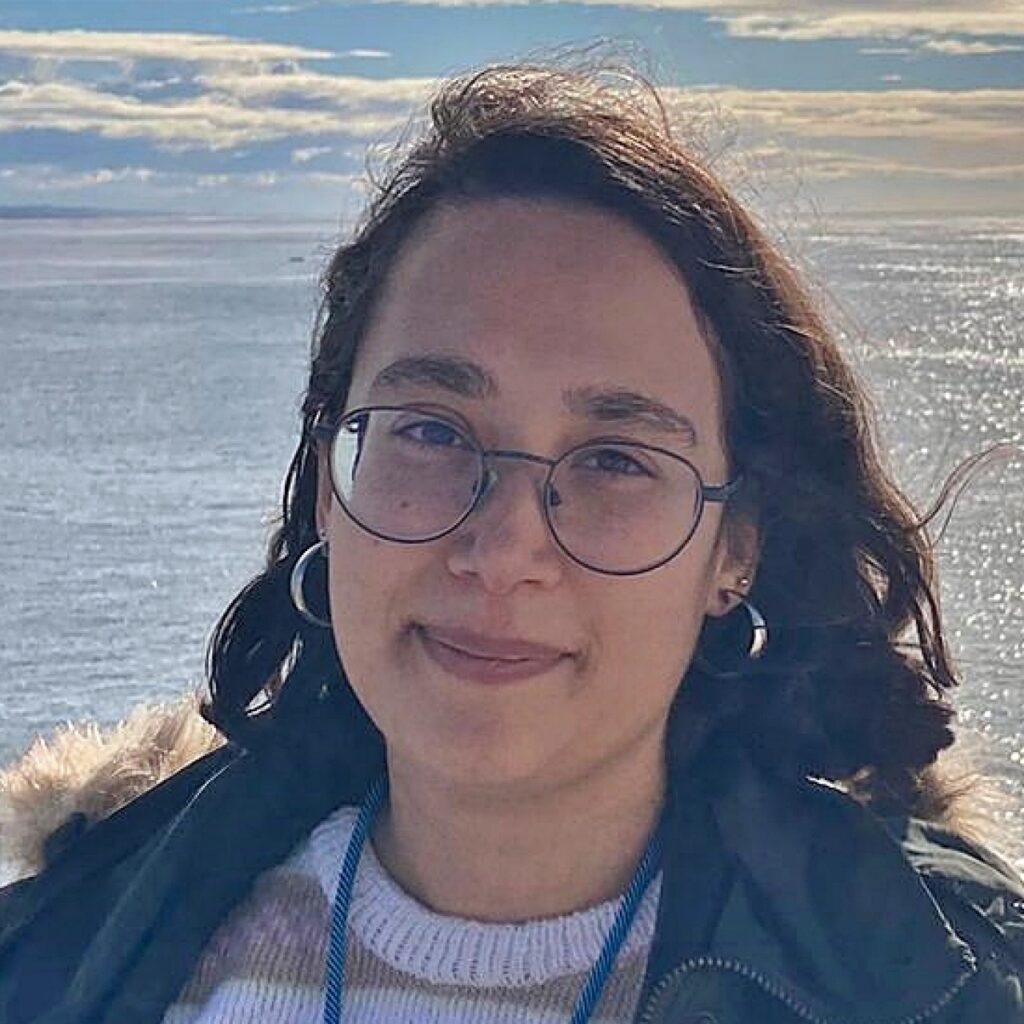

Margarida Pereira is a PhD student (FCUP-UP) developing her research on Microbial-assisted phytoremediation for the removal of mixed pollutants in estuarine environment, closely aligned with CIIMAR’s BIOSYSMO Project. Her academic career comprises a BSc in Cellular and Molecular Biology (FCT-NOVA), a MSc in Science Communication (FCSH-NOVA) and a MSc in Biotechnology for Sustainability (ITQB-NOVA). She has experience in applied blue, green, and red biotechnology in various Portuguese research centres.


Chemistry graduation (1985) from Faculty of Sciences and Technology of University of Coimbra and PhD in Chemistry (1999) from Faculty of Sciences, University of Porto. Professor of Chemistry and Biochemistry Department, Faculty of Science, University of Porto since 1987.
Researcher of CIQ(UP), (1987–1994), LAQUIPAI (1994–2007) and, currently, Researcher at CIIMAR. His domain of specialization is Environmental/Analytical Chemistry. He developed Scientific research in the Environmental Chemistry area, namely kinetic and thermodynamic studies of the interactions of metals with soluble or particulate heterogeneous ligands and study the role of particulate heterogeneous ligands on metal speciation. Has work in the area of synthesis and characterization of chitosan derivatives and more recently in the area of phytoremediation.
Currently interested in data science, namely chemometric methods.
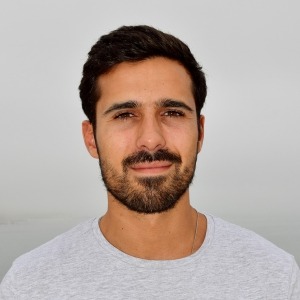

Diogo Silva graduated in Biology in 2005 at Faculty of Sciences of the University of Porto, and holds a MSc in Marine Sciences-Marine Resources from ICBAS – University of Porto. Diogo participated in different projects at CIIMAR (e.g. Benefits, MYTAG, OMARE), and contributed as an author for the publication of several scientific papers published in international journals, three as a main author. Currently, Diogo is working as a PhD student (Aquatic Sciences – Biology and Ecology, from ICBAS) at CIIMAR, in an investigation related with microplastics in seafood.
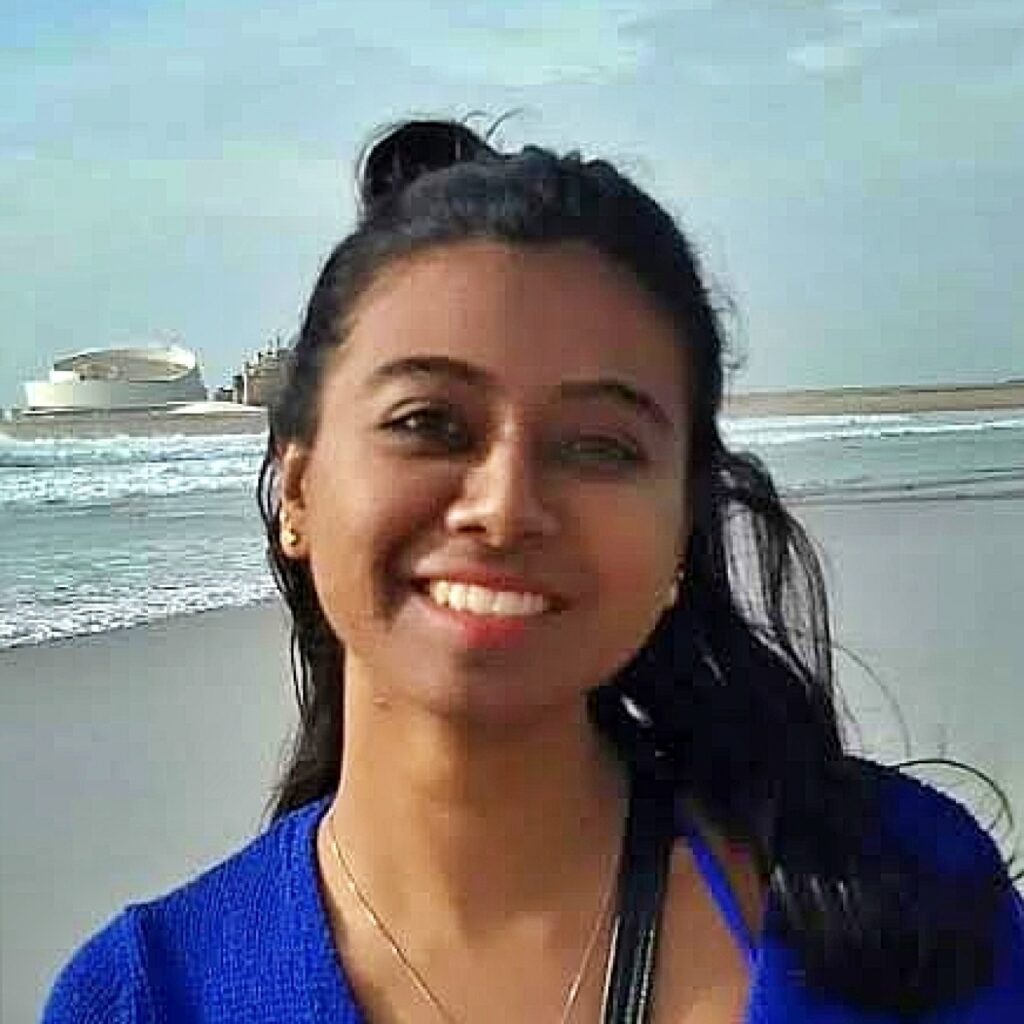

I am Guna Bavithra from India. I completed my integrated master’s degree in Biotechnology from Vellore Institute of Technology, India. I did my master thesis on Bioremediation of Cyanotoxins at CIIMAR in 2018. Now, I am enrolled as a PhD student in Environmental Sciences and Technology at the University of Porto and a La Caixa INPhINIT fellow. My research interests are both the study of constructed wetlands and the various kinds of toxic cyanobacteria and cyanotoxins in eutrophic waters. My PhD research is under the umbrella of the TOXICROP project; working on innovative eco-technologies for remediation of wastewater.



Neus graduated with a BSc in Biotechnology from the University of Girona, Spain and a MSc in Applied Microbiology from the Autonomous University of Barcelona, Spain.
She is doing her PhD in the framework of the M2ex H2020 MSCA-ITN project which aims to exploit metal-microbe applications to expand the circular economy. Her research is conducted between the University of Porto (UP) and University of Limoges (UNILIM), France, including secondments in additional research units. She focuses on the investigation and optimisation of phytoremediation and bioaugmented-assisted phytoremediation processes to recover metals from contaminated soil and evaluate the possible uses of the obtained biomass.
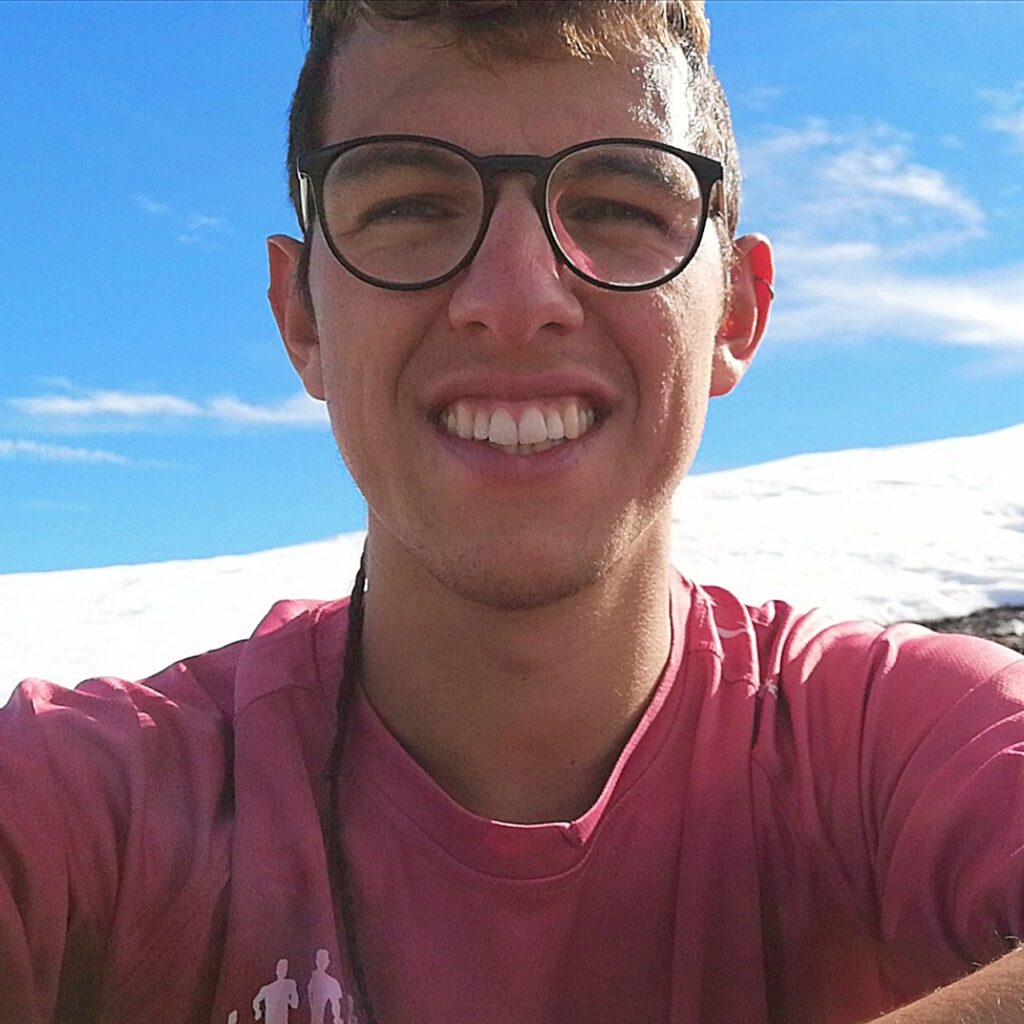

Pau Porras Socias is a graduate in Biotechnology at the University of Barcelona and holds a master’s degree in Applied Microbiology from the Autonomous University of Barcelona. He is enrolled in a doctoral program in the framework of M2ex H2020 MSCA-ITN project aiming to exploit metal-microbe applications to expand the circular economy. His research conducted in the University of Porto and the National University of Ireland Galway focuses on the performance of constructed wetlands to remove metals and pharmaceuticals from contaminated effluents.
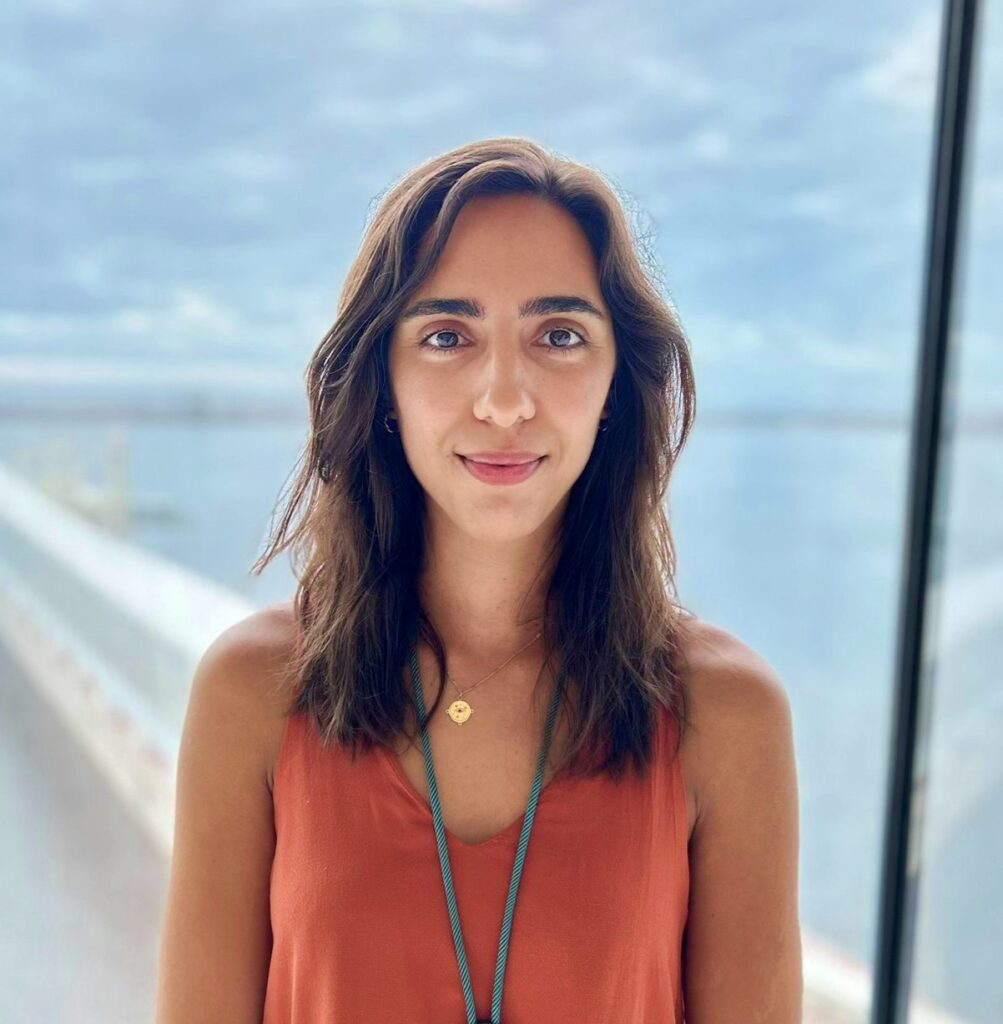

Rafaela Perdigão holds a BSc degree in Biology (2015, FCUP) and a MSc degree in Environmental Toxicology and Contamination (2017, ICBAS), from the University of Porto. She is currently working as a PhD student at CIIMAR and ICBAS, exploring biodegradation of oils, maritime fuels and other pollutants inside ports, such as plastics, using marine microorganisms.
She has experience and know-how on autochthonous bioremediation of hydrocarbons, with a special focus on the optimization of bacterial consortia for marine environments. Her main research interests rely on the recovery of polluted marine environments, biotechnology and optimization of degradation processes.
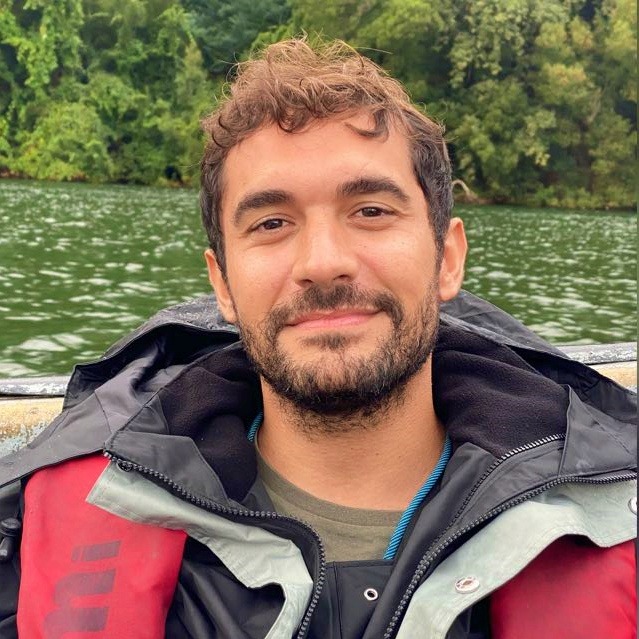

Rúben took his BSc in Biology at FCUP and holds a MSc in Marine Sciences – Marine Resources from ICBAS, both institutions from the University of Porto. Currently he is working as a PhD student at CIIMAR in the Fish ecology and sustainability group, studying the impacts of microplastic contamination on primary producers and associated ecosystem services.
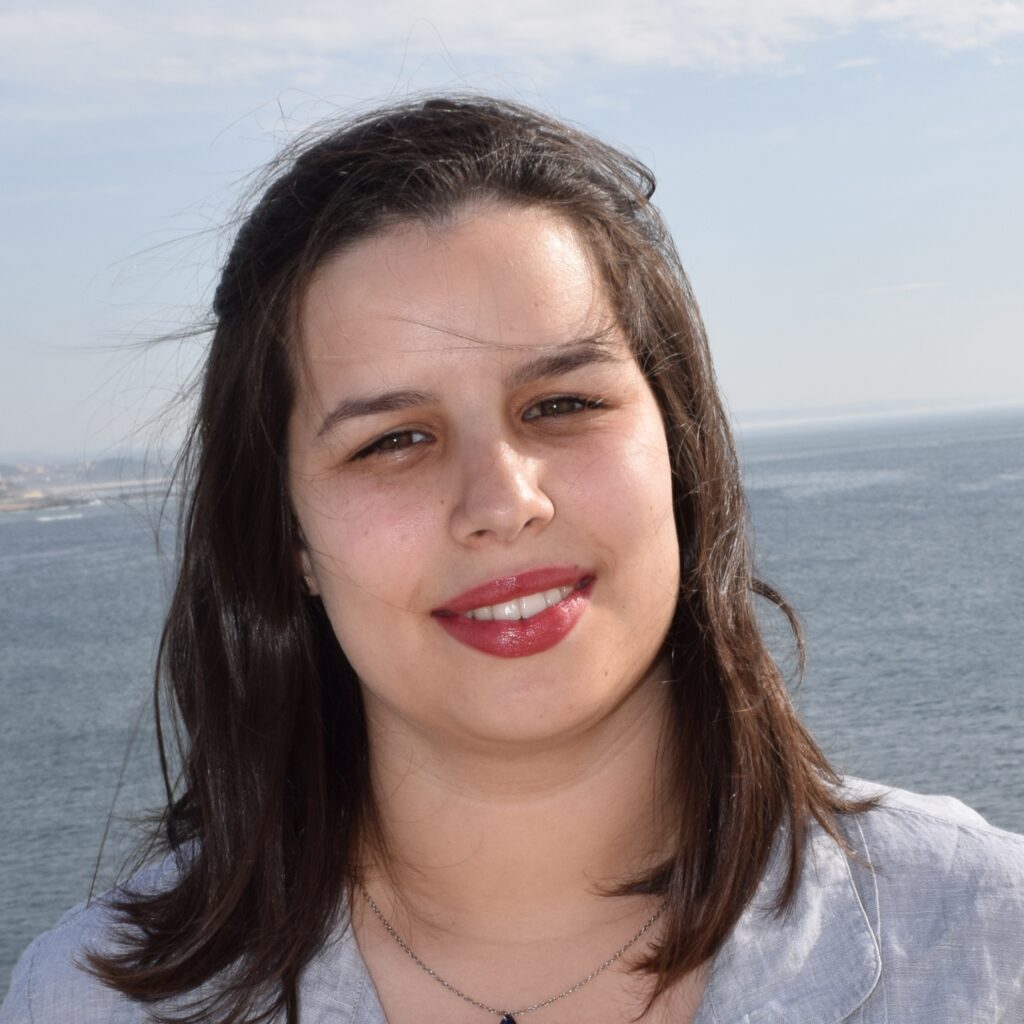

Sabrina Rodrigues is graduated in Biology from Science Faculty (Porto University) and holds a MSc in Marine Sciences – Marine Resources from ICBAS (Porto University). Sabrina participated in different projects at CIIMAR, namely, MYTAG, OMARE, NetTag and Ocean3R. Currently, SM Rodrigues is doing her PhD in bioavailability and effects of microplastics on fish larvae at CIIMAR and Hull University (UK). Her research interests focus on the early life stages of fishes and contamination in aquatic environments, namely estuarine and coastal areas.


Born 1969, Education: MSc Physical Chemistry from University of Sofia (Bulgaria, 1995) and PhD Aquatic Chemistry from University of Pau (France, 2002). Work experience: Researcher in CIIMAR (2006-present); previous work experience in Bulgaria (2004-2006). Research interests: Biogeochemical processes in coastal areas, Environmental pollution with inorganic, organic and organometallic contaminants, Ecotoxicology, Analytical chemistry; Main Results related to Mercury speciation and biogeochemistry, Heavy metals / organic compounds in coastal environments, Elements reactivity / chemical speciation, Methods for chemical analysis, Statistical separation of effects / modeling of processes in coastal environments, Ecotoxicology (Phytoplankton tests), Foam dynamics etc.


I am from Italy. I obtained my BSc from Politecnico of Milano in Environmental Engineering and my MSc from Politecnico di Milano in Environmental Engineering with focus on remediation technologies. I am about to start my PhD in the framework of M2ex H2020 MSCA-ITN project focusing on the fate and speciation of trace metals in the soil after contamination studying the interactions with organic micropollutants and the effects on bioremediation processes. I will be conducting the research between the Univerity of Porto and the University Federico Secondo of Naples.
Santiago, P. F., Dias, S., Silva, C., Gomes, C. R., Almeida, C. M. R.
2022Pollutants, 2, 42–52.Montenegro, I P. F. M., Mucha, A. P., Tomasino, M. P., Gomes, C. R., Almeida, C. R. M.
2021Water, 13, 715.Stoichev, T., Marques, A., Almeida, C. R. M.
2021Marine Pollution Bulletin, 164, 111994.Dias, S., Mucha, A. P., Crespo, R. D., Rodrigues, P., Almeida, C. R. M.
2020International Journal of Environmental Research and Public Health, 17, 8592.Almeida, C. R. M., Manjate, E., Ramos, S.
2020Marine Pollution Bulletin, 151, 110797.Website by: Glitz Design
© 2023 CIIMAR – All rights reserved.